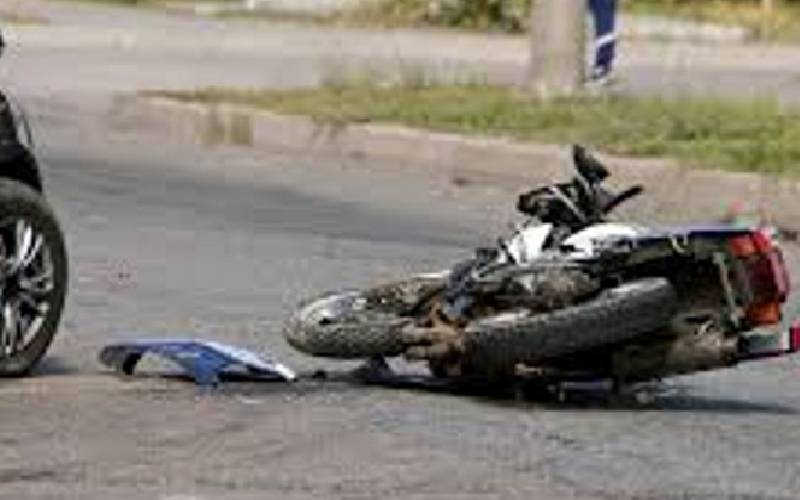Motorcycle accidents can be traumatic and leave victims suffering physically, mentally, and financially. When a motorcycle accident occurs, determining who is at fault is important as it impacts the ability to recover damages.
In some cases, the person directly involved in the accident might not be the only one responsible. However, some third parties may be liable. That is where vicarious liability comes into play.
If you are injured in a motorcycle accident and believe someone else shares the blame, such as the employers or another party, the motorcycle accident attorneys from TopDog Law can help you handle this complex situation. With their team of experienced motorcycle accident attorneys, you can get top-notch legal representation to help protect your legal rights and receive fair compensation.
What is Vicarious Liability?
Vicarious liability is a legal doctrine that holds one party responsible for the actions of another, even if the first party was not directly involved in the incident. In motorcycle accidents, vicarious liability typically arises when an employee causes an accident while performing work-related duties.
This concept applies beyond just employers. In certain cases, the vehicle owner, a parent, or even a company that owns the motorcycle could be vicariously liable for an accident.
How Vicarious Liability Works in Motorcycle Accident Cases
To understand how vicarious liability functions in a motorcycle accident case, let us assume a motorcycle delivery driver is involved in an accident while delivering during work hours. The driver may have been speeding or failing to follow traffic laws, but because they were working for a delivery service, their employer will be responsible for the accident under the principle of vicarious liability.
Several factors are typically considered when applying vicarious liability. It includes:
- Relationship Between the Parties: Vicarious liability usually only applies in an employer-employee relationship. If the motorcyclist is an independent contractor, the employer may not be held liable, although this can vary depending on the case.
- Scope of Employment: If the employee performs job duties when the accident occurs, this applies to vicarious liability. If the motorcyclist was engaged in personal activities or outside of work hours when the accident happened, vicarious liability is less likely to apply.
- Negligence or Wrongful Acts: The employee’s actions need to be negligent or wrongful for vicarious liability to take effect. For example, careless riding or failing to maintain the motorcycle could be reasons for an employer to be held responsible.
Examples of Vicarious Liability in Motorcycle Accidents
- Delivery Companies: If a delivery driver uses a motorcycle for work and is involved in an accident, the company that employed the driver may be vicariously liable. For example, a food delivery service could be liable if their delivery person is involved in an accident.
- Motorcycle Rental Agencies: If a rental agency leases a motorcycle to a rider and that rider causes an accident, the rental company could be liable. Also, if the motorcycle owner negligently allows an unlicensed or intoxicated rider to use their motorcycle, they could be found vicariously liable for any accidents, even if they were not directly involved.
- Employer’s Liability: If an employee rides a motorcycle as part of their job duties and causes an accident, the employer might be liable. For example, a construction company whose worker is riding a motorcycle to pick up materials may be held responsible if the worker causes a crash while on the job.
Conclusion
Understanding vicarious liability is important for motorcycle accident victims facing multiple liable parties in their cases. It may be an employer, the motorcycle owner, or another third party. If you feel involved in such cases, do not hesitate to get help from a motorcycle accident lawyer to know your legal rights and move forward.
Email your news TIPS to Editor@Kahawatungu.com — this is our only official communication channel


